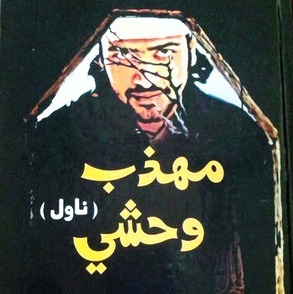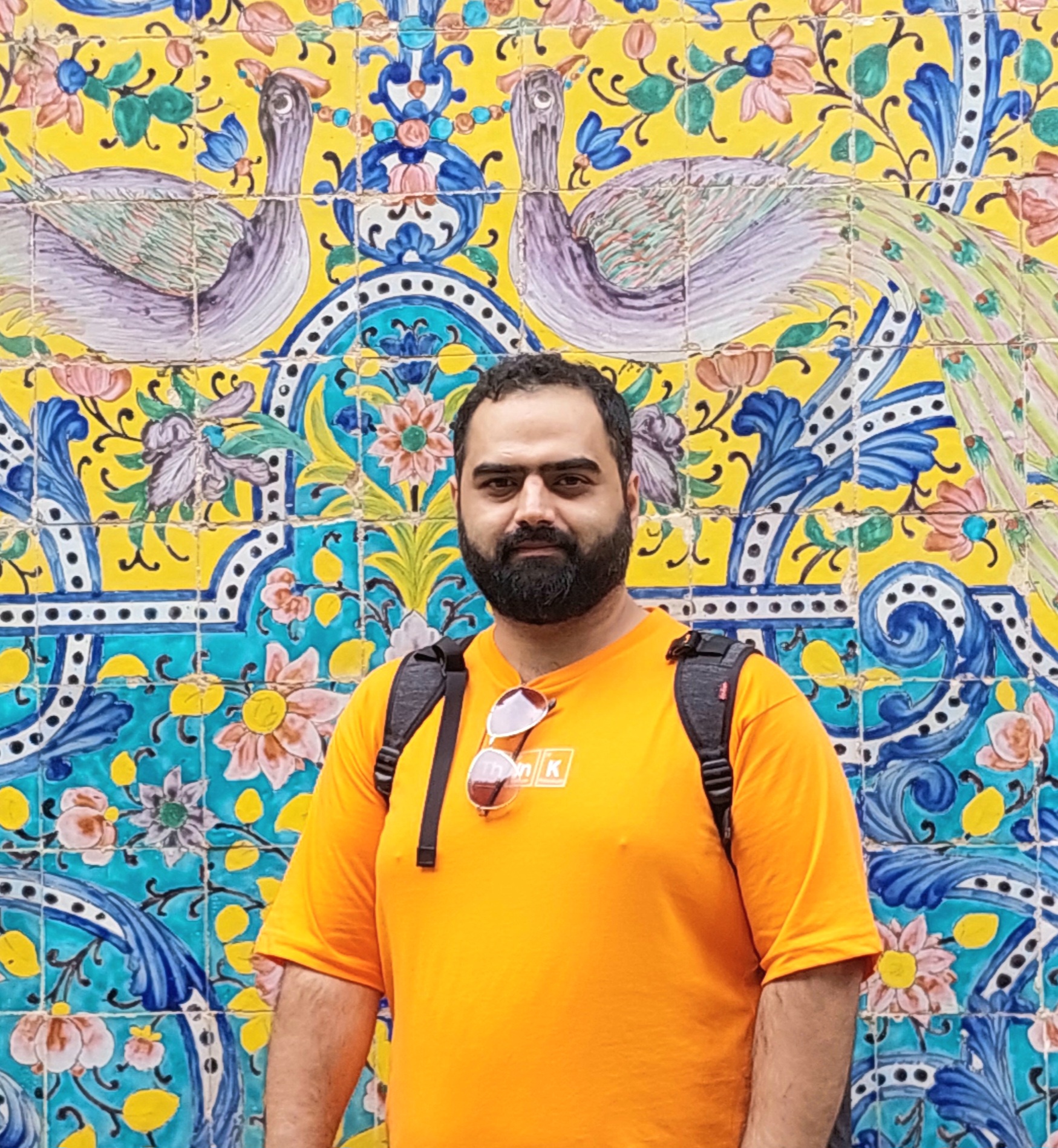I waited a couple of days after finishing this book before I began writing this review, in order to reflect more and avoid being carried away by first impressions. Even after the wait, my sense of elation that one feels after reading a great book, remains the same as when I turned the last page of Muhazzab Wehshi, a novel by Noor Junejo, originally written in Sindhi and beautifully translated into Urdu by Nangar Channa.
The story is quite simple. A lonely man befriends and develops a conversation with a lonely woman thousands of miles away. They live on different continents, so naturally their cultures and backgrounds differ, yet they’re able to transcend barriers and connect on a deeper human level. Frequencies of their hearts meet and they develop a common emotional language of understanding. This is where you realise the story is not so simple after all. It's not a usual romance or mundane every day talk or first world loneliness finding solace in third world despair. They both suffer from existential angst and talk about the enigma of life and their place in the vast scheme of things. They try to seek answers to difficult questions together and share their scars and anxieties. The story digs deep into the human condition and brings the reader to the haunting realisation that seemingly smooth surfaces once scratched, reveal chasms of pain and suppressed anguish. The reader understands that the world inside us is a lot more real and chaotic than we think it is.
Perhaps the greatest merit of this novel is its ability to keep the reader's interest till the very end, considering it is essentially a philosophical volume. Reading Muhazzab Wehshi is a surreal experience, as if you are gliding through a mist of thoughts and emotions. Unlike many such texts, this one is not dense; you do not have to think too much to understand its philosophical aspects. In fact, it grows over you. Like all great novels, you end up adopting the protagonist, who suffers through the collective trauma of a dysfunctional society. Muhazzab Wehshi is culturally sensitive, relatable and relevant to the times we live in.
Another beautiful aspect of this novel is its creative use of language. One cannot imagine how much of it is lost in translation, as the translator himself suggests in his introductory note. The author does not shy away from coining new and unique expressions to express the hitherto unexpressed. Metaphors are visual and beautiful; some passages have a poetic touch. To quote a few examples:
"Kabir ki ankhon mein raqs rawan hogya" (To suggest tears)
"Wo chalta hua apne ghair honay ka ehsas chorta ja raha tha"
"Manzoor Ali ka kalaam bikhar jata hai" (To suggest someone done talking)
"Wo Qaleen par apna basta aur jism ki thakan gira deta hai"
Muhazzab Wehshi is a great addition to the canon of Urdu novels, if translations can be considered as such. It is a philosophical masterpiece and a modern novel in every sense of the word. Unique in its theme and technique, it is one of its kind in Pakistani literature. An English translation (Civilised Beast) is also available. Despite this, it is a pity that it still remains largely unknown. I wonder what priceless gems were written in regional languages and never reached due to translational barriers.





